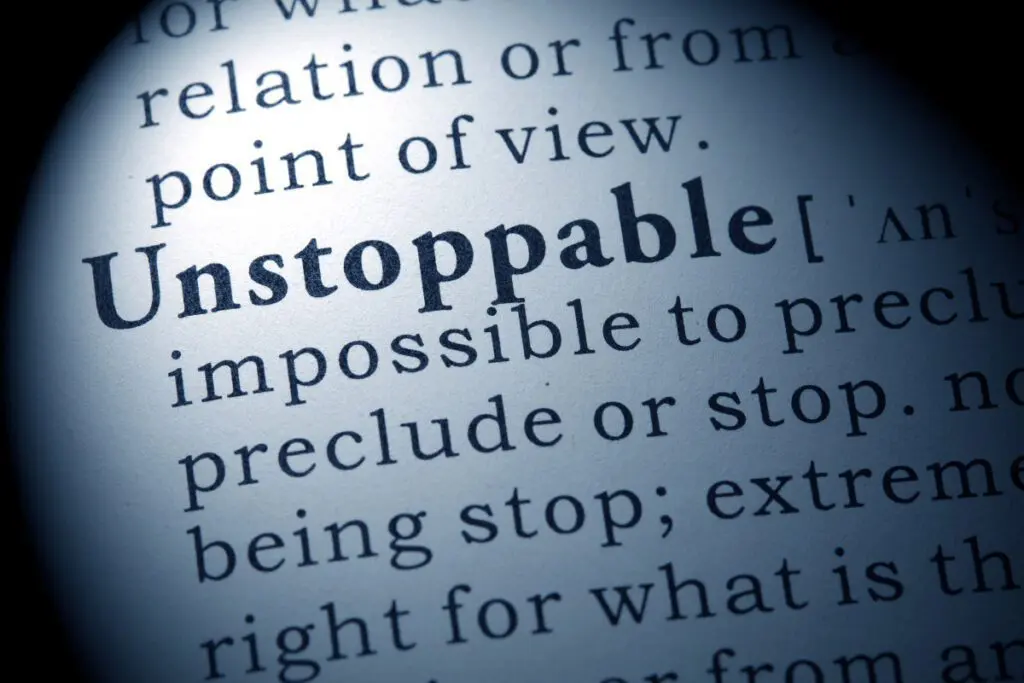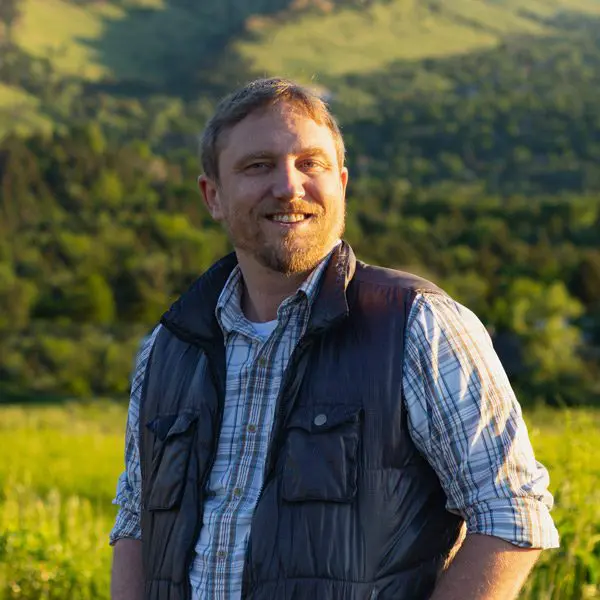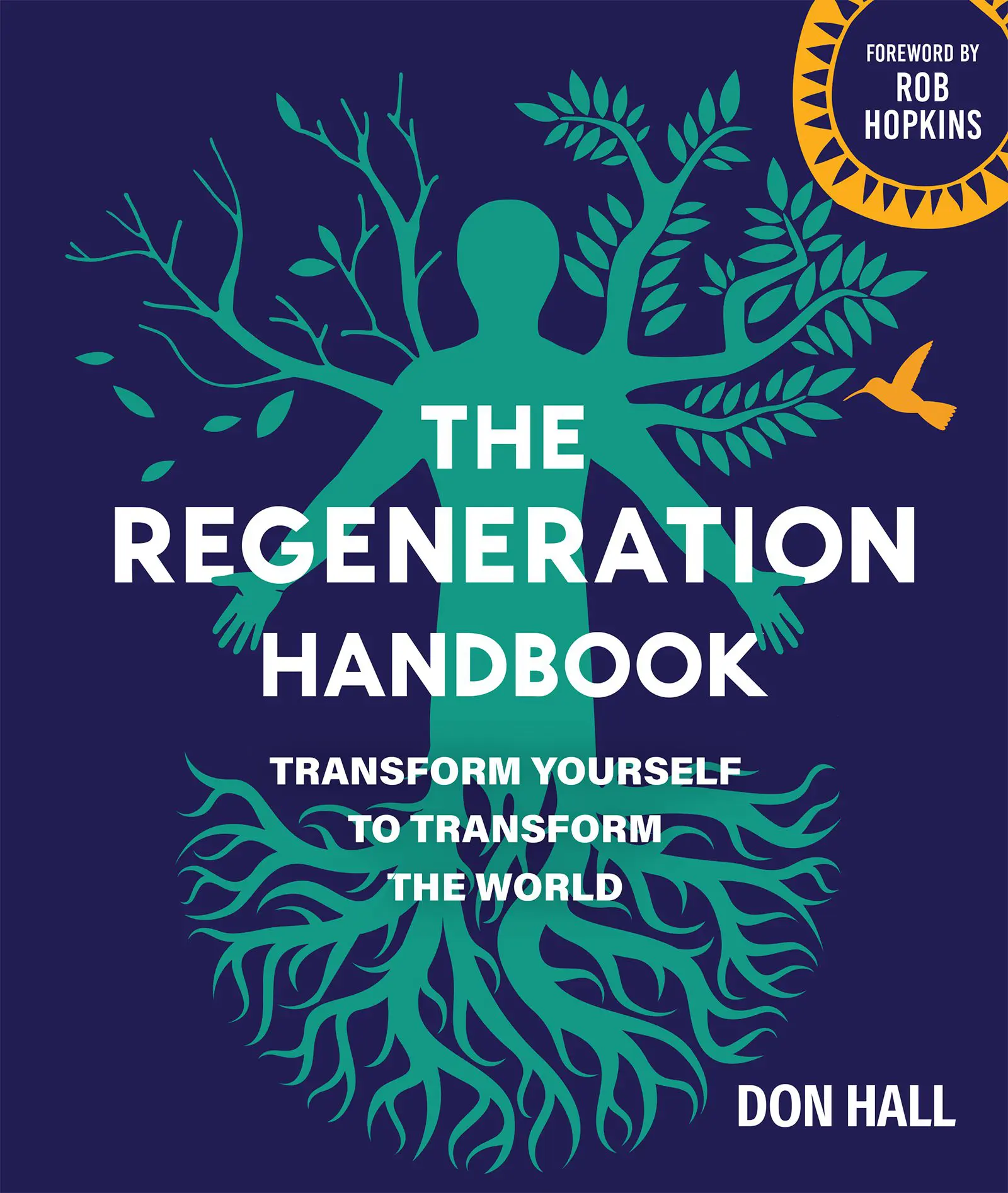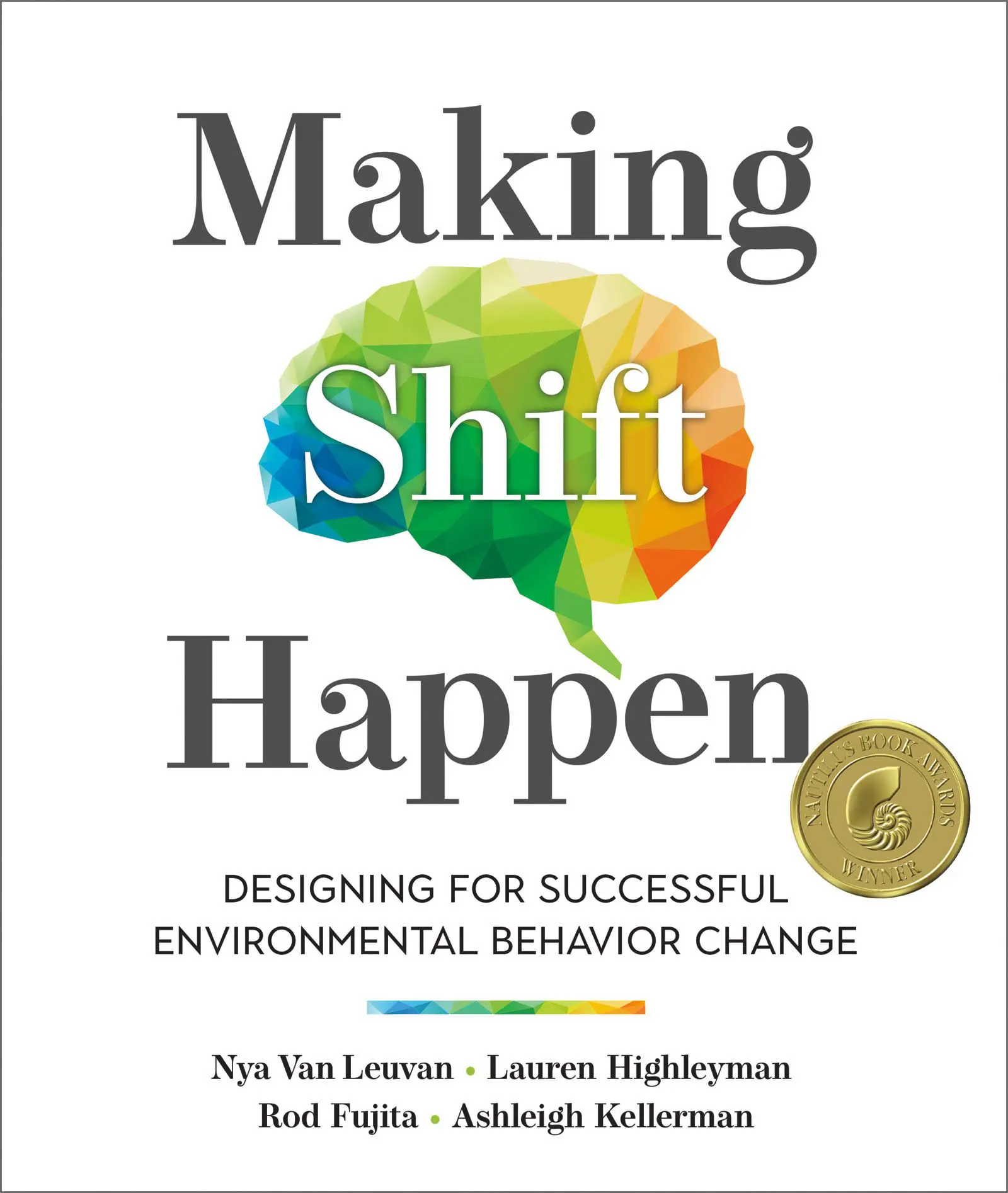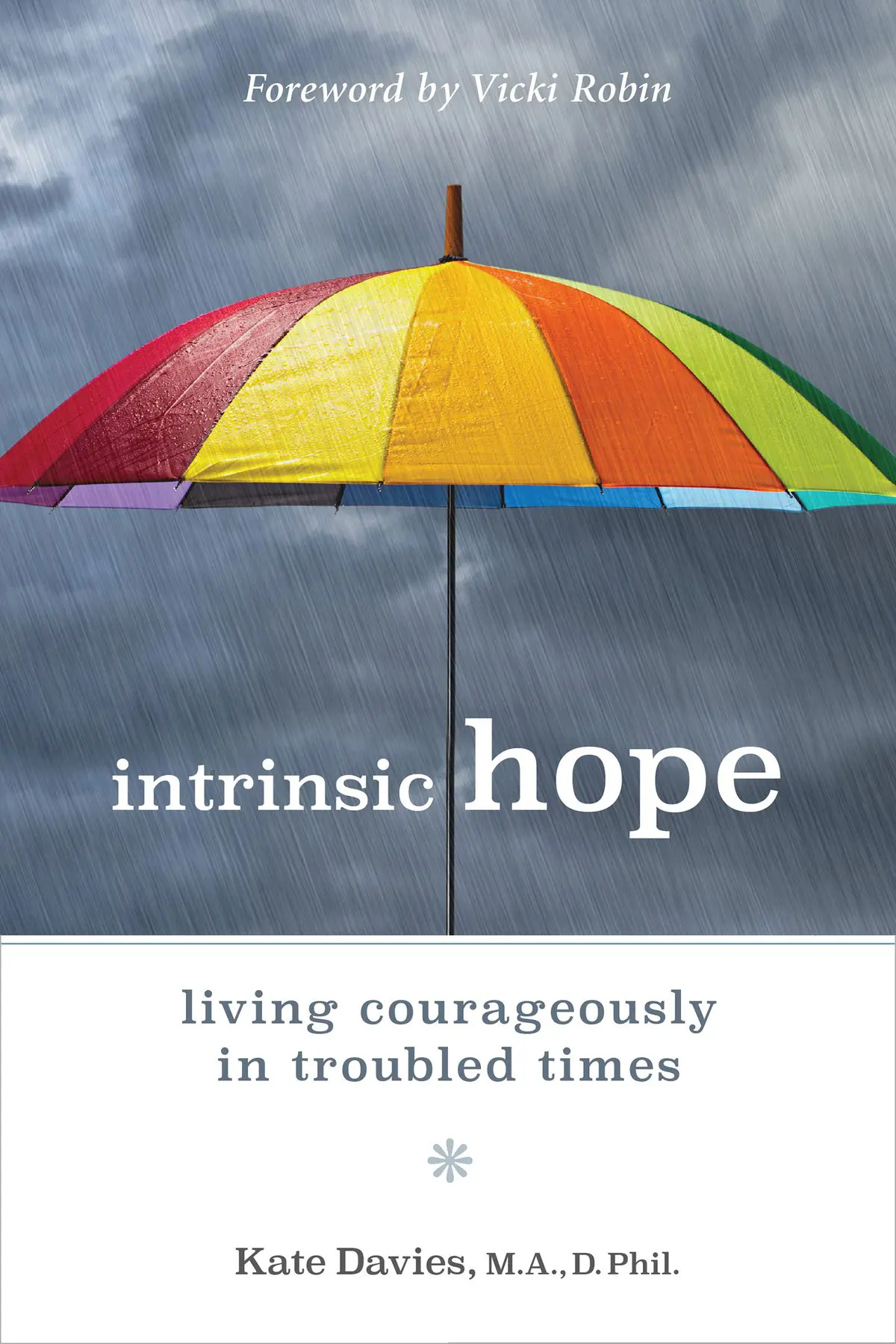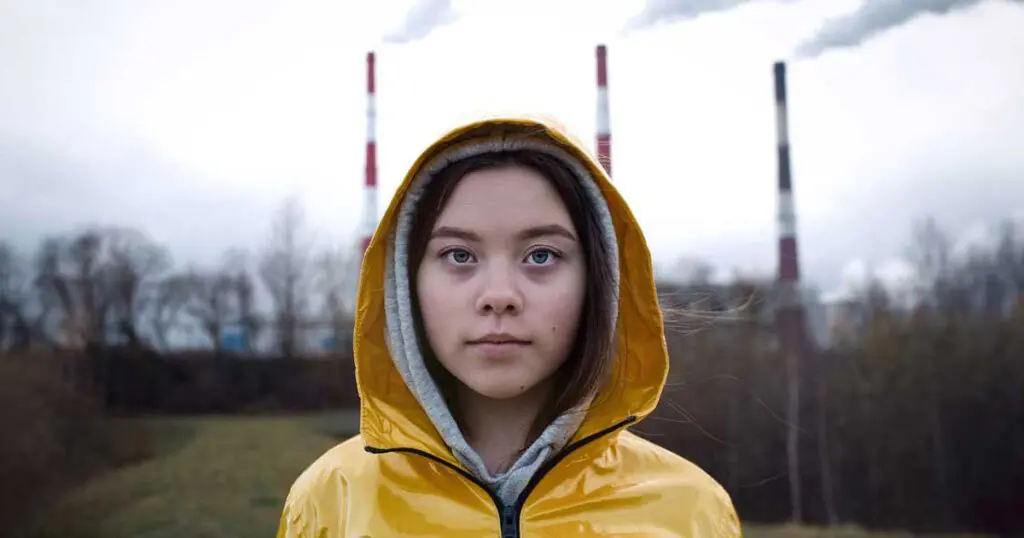
More and more individuals worldwide are recognizing the necessity for significant change, and are eager to contribute to solutions, yet many are uncertain about where to begin. In The Regeneration Handbook, Don Hall shares insights, stories, and resources aimed at addressing this uncertainty. He delves into how we can deepen our understanding of our present challenges and work towards a future that is both just and sustainable.
In this interview, Don explains evolutionary change, the great transition and offers his hope for the future.
What is “evolutionary change?”
Evolutionary change was the original title of this book before New Society convinced me to change it. While I agree that The Regeneration Handbook is much clearer, evolutionary change is still an important concept that I hope will catch on.
Basically, it refers to a different kind of activism than most people are familiar with. Instead of being focused only on a single issue, it’s holistic. Instead of being oppositional, it’s highly collaborative. And rather than being driven primarily by fear, guilt, and anger, it’s inspired by hope and possibility.
You can see this approach to changemaking in movements for permaculture, bioregionalism, intentional communities, local food systems and regenerative farming, solidarity economies, participatory democracy, and so on. I’m obviously biased, but I still believe the best example of evolutionary change in action I’ve found is the International Transition Towns Movement, which I’ve been part of for the past 15 years.
I call this kind of activism “evolutionary change” because it recognizes that we’ve reached an evolutionary bifurcation point as a species and need to make an evolutionary leap forward if we want a livable future. It’s also called “evolutionary change” because it’s based on natural and universal patterns of Transformation, Expansion, Wholeness and Balance.

What do you mean by the “Great Transition?”
This term was coined by Kenneth Boulding in 1965, but I first heard about it from an organization called the Great Transition Network. It’s similar to the idea of a “Great Turning” promoted by David Korten and Joanna Macy.
In the face of an unprecedented global environmental, economic, and social polycrisis, nearly everything about our modern world needs to change: how we produce food, build buildings, run businesses, design cities, and transport and govern ourselves. We not only need to transform these external systems, but also transform ourselves as individuals and cultures.
Because this is such a historic challenge, it’s called “Great.” Because it will likely be a gradual process, possibly unfolding over several generations, it’s a “Transition.”

What do you hope people will get from reading your book?
For those who aren’t currently involved in a regenerative community-based initiative, I hope it will inspire and encourage them to step off the sidelines and figure out how to make a positive contribution. For those who are already engaged in this work, I trust it will provide them with valuable perspectives, insights, tools, and practices that will help them succeed and thrive.
Above all, I want people to know that a better world is still possible, and we still have the power to bring it to life. We have all the necessary information, technology, and resources. The only thing that’s been missing is us.
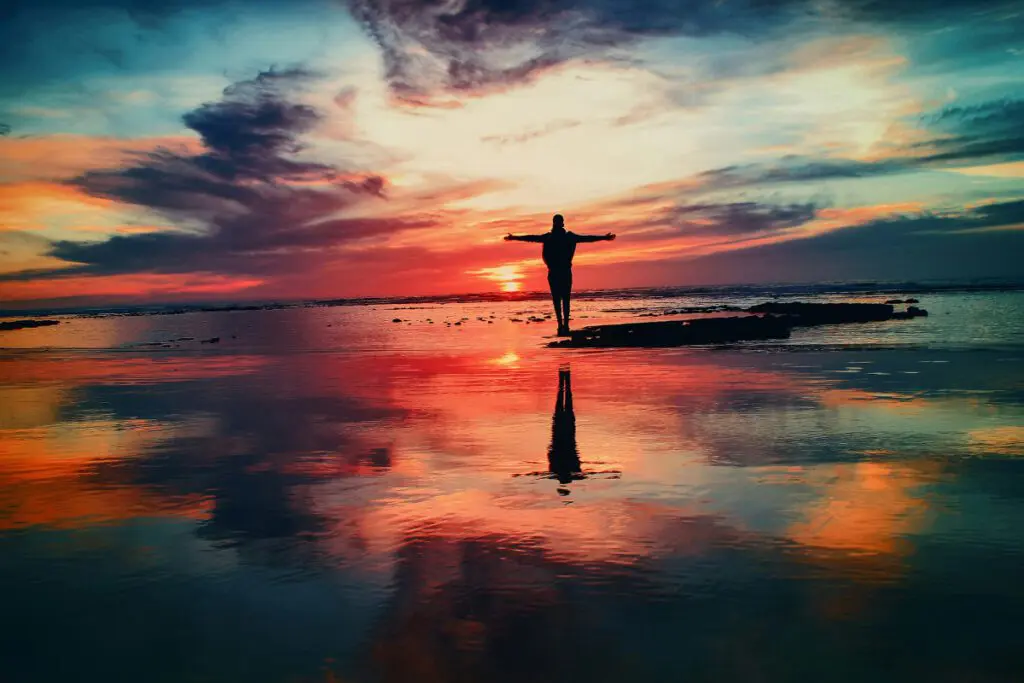
What gives you genuine hope for the future?
My greatest hope is that, as the “Great Unraveling” continues, more and more people will begin seeking out positive, constructive alternatives to the status quo. Then, if we’ve made the regenerative vision visible enough and sufficiently demonstrated that regenerative solutions can work at scale, society will choose to embrace a regenerative culture rather than apathy, despair, scapegoating, or magical thinking.
Throughout history, we’ve seen that when people turn against each other in times of crisis, things can get nasty really quickly. But when we turn towards each other and unite behind a common purpose, there’s nothing we can’t accomplish.
